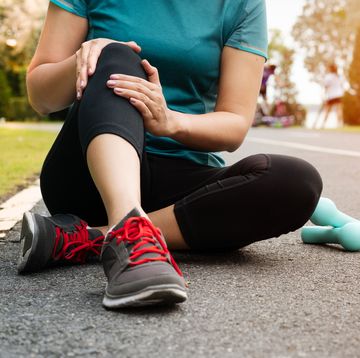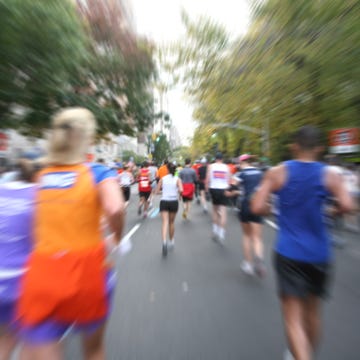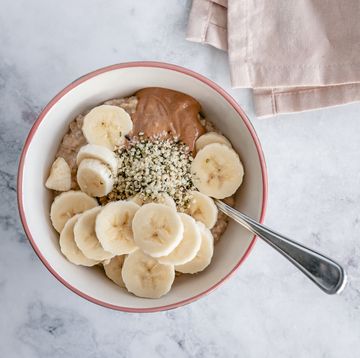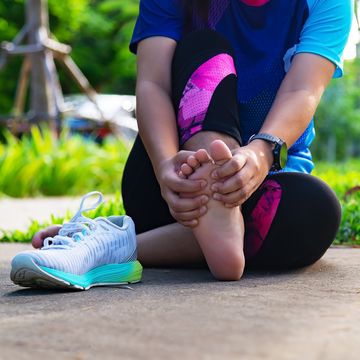- Performance age – a measure of how fit your are – is a more accurate predictor of longevity than your chronological age
- The study, published in the European Journal of Preventative Cardiology, is the largest of its kind, examining more than 126,000 people over a 24-year period
- On average, those who exercise live 10 years longer than those who don’t
On average, those who exercise live 10 years longer than those who don’t
There’s a new way of determining how long you’ll live – and it’s good news for runners. Your performance age – or how fit you are – is a better predictor of your longevity than your chronological age, according to a new study in the European Journal of Preventative Cardiology. And the bottom line is, those who exercise regularly live about 10 year longer than those who don’t.
Examining more than 126,000 patients over a 24-year period, this is the largest study of its kind. The participants, who had an average chronological age of 54, performed an exercise stress test, which records how well your heart responds to the stress of exercise. This involved a treadmill test in which heart rate was measured during and after exercise. A higher exercise capacity and a quicker return to resting heart rate following exercise was linked a younger performance age, known as A-BEST (Age Based on Exercise Stress Testing).
What everyone's reading
The results found that half of those between 50 and 60 years old were younger, physiologically speaking, than their actual age. Significantly, this was reflected in how long the participants went on to live. When researchers did a follow-up nine years after the test, 9,929 participants who had a performance age older than their chronological age had died. On average, their performance age was scored about 10 years older than their chronological age.
Why might this be? Performance age is a good reflection of how fit and healthy you are, which plays a big role in your likely lifespan. While determining your exact performance age is complicated – it’s not a calculation you can get from your GP just yet – the key is to maintain, or even improve, your fitness as you grow older. Doing so will not only improve your running performance – it could help you to live longer, too.
Like this article? Sign up to our newsletter to get more articles like this delivered straight to your inbox.
Rick Pearson is the senior editor at Runner’s World UK. He’s been with the brand since 2017 and loves testing PB-friendly shoes for on and off road. Rick is a sub-three marathoner and occasionally likes to remind people of this on the Runner’s World podcast, which he co-hosts. He once raced a steam train over 14 miles (he won, narrowly) and a horse over a marathon (he lost, comfortably).













